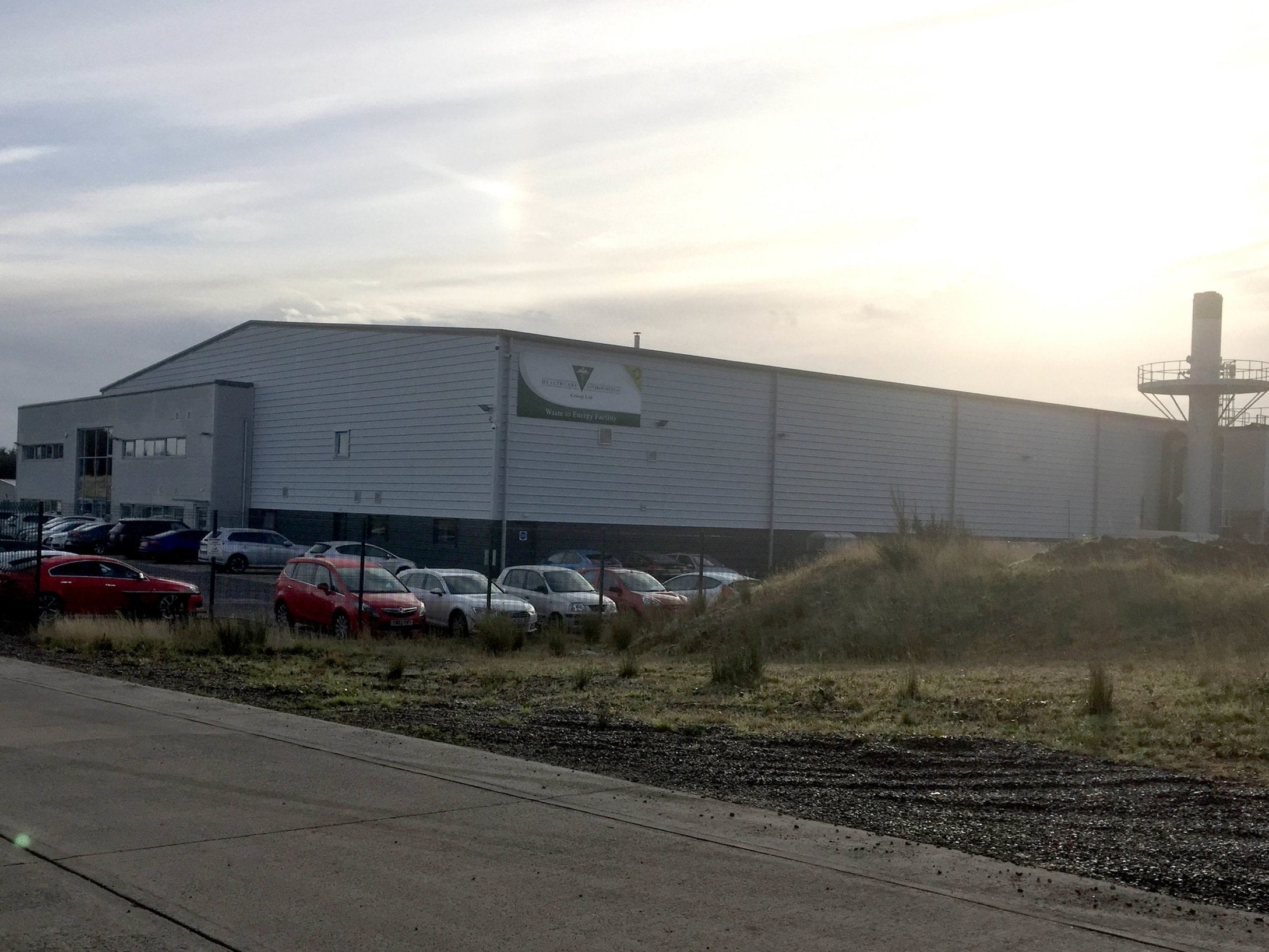NHS supplier that accumulated body parts faces criminal investigation
Company kept amputated limbs, toxic chemicals and bodily fluids in fridges after failing to dispose of materials in a timely manner

Your support helps us to tell the story
From reproductive rights to climate change to Big Tech, The Independent is on the ground when the story is developing. Whether it's investigating the financials of Elon Musk's pro-Trump PAC or producing our latest documentary, 'The A Word', which shines a light on the American women fighting for reproductive rights, we know how important it is to parse out the facts from the messaging.
At such a critical moment in US history, we need reporters on the ground. Your donation allows us to keep sending journalists to speak to both sides of the story.
The Independent is trusted by Americans across the entire political spectrum. And unlike many other quality news outlets, we choose not to lock Americans out of our reporting and analysis with paywalls. We believe quality journalism should be available to everyone, paid for by those who can afford it.
Your support makes all the difference.A criminal investigation has been launched after body parts and humans organs were allowed to pile up at facilities run by a major NHS supplier.
On Thursday it was revealed that the Healthcare Environment Services (HES) group had not been disposing of waste including amputated limbs, toxic chemicals and potentially infectious bodily fluids in a timely fashion.
The company has contracts with dozens of NHS trusts to dispose of clinical waste, but the Environment Agency (EA) said it had breached its permits at five sites.
“We are taking enforcement action against the operator, which includes clearance of the excess waste, and have launched a criminal investigation,” said an EA spokesperson.
“We are supporting the government and the NHS to ensure there is no disruption to public services and for alternative plans to be put in place for hospitals affected to dispose of their waste safely.”
The government said there was no immediate risk to human health after NHS England documents were leaked to the Health Service Journal (HSJ) showing the scale of the problem.
According to HSJ, the anatomical waste has been placed in fridges for the time being, and HES is attempting to export 750 tonnes of pharmaceutical waste to the Netherlands.
The sites affected include one in Normanton, which had reached 350 tonnes of medical waste in September – five times higher than the company’s upper limit.
HES blamed “ageing infrastructure” and green policies for its inability to incinerate the waste.
A meeting chaired by health secretary Matt Hancock was held last month in which it was agreed that regulatory action against HES should go ahead.
Mr Hancock also ordered £1m to be set aside to help up to NHS trusts whose contracts with HES could collapse following enforcement action by regulators.
An HES spokesperson said: “Healthcare Environmental has highlighted the reduction in the UK’s high-temperature incineration capacity for the last few years.
“This is down to the ageing infrastructure, prolonged breakdowns and the reliance on zero waste to landfill policies taking up the limited high-temperature incineration capacity in the market.
“There has been no disruption to our customers’ services whilst we have been dealing with this issue.”
In response to the news, a spokesperson for the Department of Health and Social Care said: “There is absolutely no risk to the health of patients or the wider public.
“We are monitoring the situation closely and have made sure that public services – including NHS trusts – have contingency plans in place.”
Join our commenting forum
Join thought-provoking conversations, follow other Independent readers and see their replies
Comments